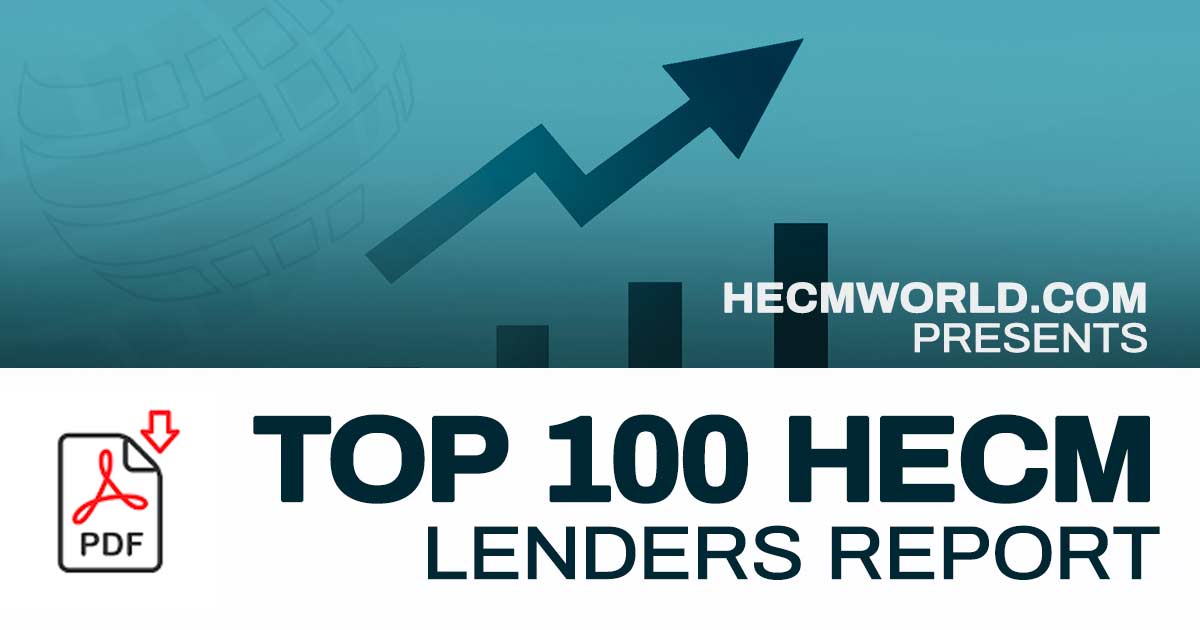Financial advisors are just beginning to embrace the reverse mortgage. See what one advisor has to say. We interviewed Cliff Maas at the NRMLA meeting in Irvine California.
Continue readingUnderstanding the times
Have you felt a bit overwhelmed with all of the changes in our industry recently? It reminds me of quote ” The only thing constant in life is change.”
Continue readingHow to get time on your side as a reverse mortgage professional
People who live in tune with natural rhythms experience time as creative possibility. How do you get time on your side?
Continue readingThe new landscape of reverse lending
Much like an earthquake can change the overall landscape creating new shorelines, ridges and hills the exit of Metlife will most certainly change the mix of reverse mortgage products. The products most likely to see a reduction are…
Continue readingThe paralysis of analysis
While our full time jobs relate to reverse mortgage lending, origination, management, etc, we may have fallen into a very undesirable part-time job: Analysist. We all suffer from an over abundance of news and information, not to say we don’t need it,
Continue readingWendover Consulting & Portfolio 360 form alliance for Due Diligence Reviews
Wendover Consulting and Portfolio 360 entered into a strategic marketing alliance to provide portfolio valuation and due-diligence services to the reverse mortgage industry.
Continue readingAre You in Tune With Senior Style?
Do you know your prospect’s ‘buying style’? Here are some traps to avoid and ideas to shape more productive conversations.
Continue readingStalwart: The reverse remains
Since it’s creation in 1989 our product has withstood multiple recessions, boom and bust real estate markets, five presidents and stock market crashes. Consumers and their confidence in the HECM and the lenders that serve them.
Continue readingSurvivors Club & MetLife Exit
Insecurity & opportunity remain after MetLife’s departure. The Survivors Club remains. What is the secret to staying focused and being positioned to thrive in an uncertain market?
Continue reading

